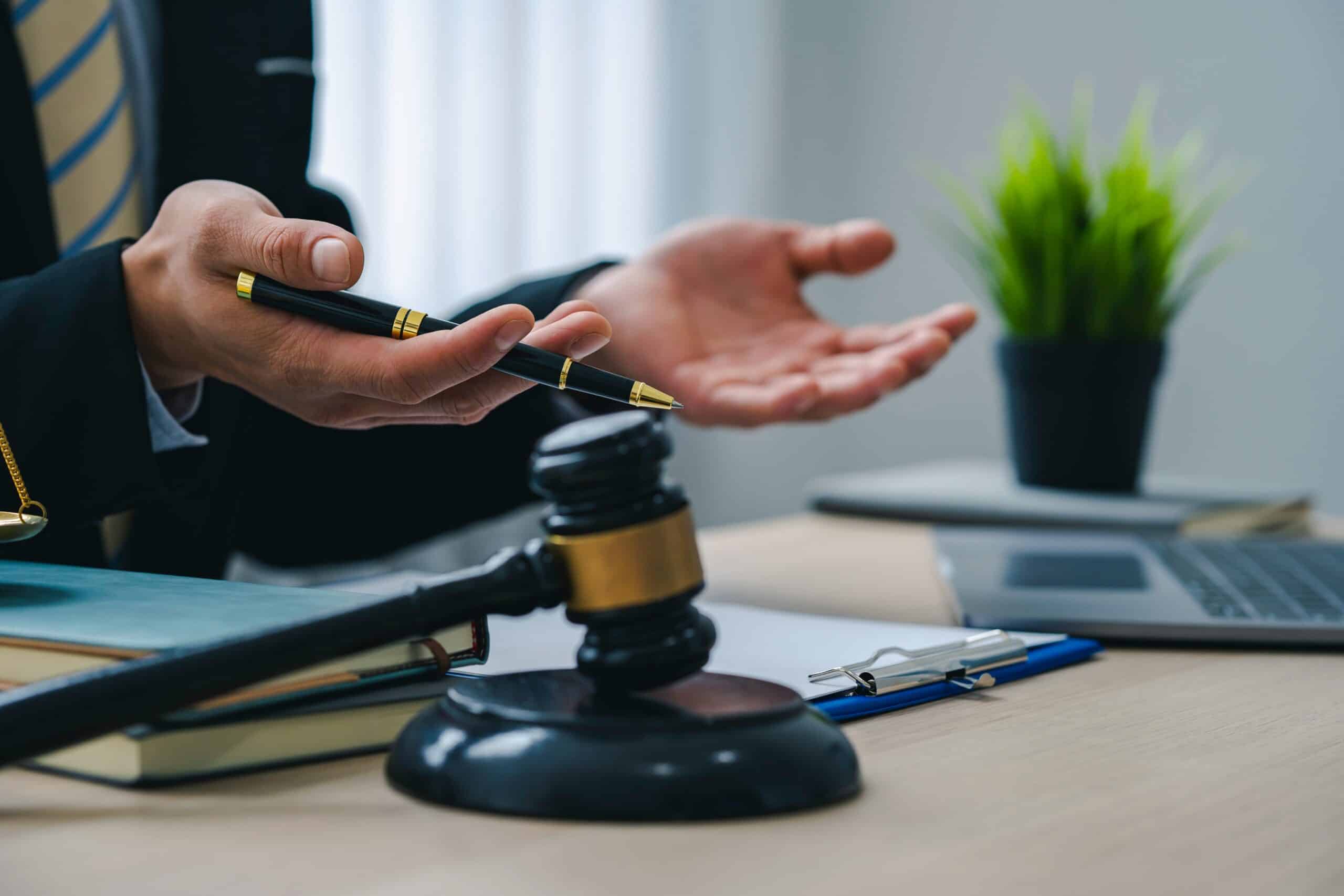WHAT ARE THE CONSEQUENCES OF YOUR FIRST DUI IN MISSOURI?

Being arrested for driving under the influence (DUI) in Missouri is a serious matter, even if it’s your first offense. Many drivers in Kansas City mistakenly believe that a first-time DUI is just a minor bump in the road. The truth is that Missouri treats DUI and DWI (driving while intoxicated) offenses very seriously, and a conviction can lead to harsh penalties, long-term consequences, and lasting damage to your personal and professional life.
If you’re facing your first DUI charge in Missouri, it’s important to understand the potential outcomes and why hiring an experienced Kansas City DUI defense attorney can make all the difference.
CRIMINAL PENALTIES FOR A FIRST DUI IN MISSOURI
In Missouri, a first DUI offense is typically charged as a Class B misdemeanor. However, that doesn’t mean the consequences are light.
If convicted, you could face:
- Up to 6 months in jail
- A fine of up to $1,000
- Court costs and administrative fees
- Mandatory alcohol or substance abuse education/treatment
- Probation and community service requirements
While jail time is not always imposed for a first offense, it is still a possibility—especially if there are aggravating factors like an accident, a very high blood alcohol concentration (BAC), or a minor in the vehicle at the time of arrest.
ADMINISTRATIVE PENALTIES: LICENSE SUSPENSION
In addition to criminal penalties, a first-time DUI offender in Missouri faces administrative action from the Missouri Department of Revenue.
This is completely separate from what happens in criminal court and can result in a suspension of your driving privileges.
- If you fail a chemical test (BAC of 0.08% or higher), your license will be suspended for 90 days.
- You may be eligible for a restricted driving privilege (RDP) after 30 days if you meet certain requirements, such as installing an ignition interlock device.
- If you refuse a chemical test, your license will be revoked for one year under Missouri’s implied consent law.
NOTE: You have only 15 days from the date of your arrest to request an administrative hearing to contest the suspension. If you miss this deadline, the suspension will automatically go into effect.
LONG-TERM CONSEQUENCES OF A FIRST DUI
Even beyond the initial criminal and administrative penalties, a DUI conviction can impact your life in several ways:
Permanent criminal record: A DUI will stay on your criminal record unless expunged, which is only possible under specific conditions and after a waiting period.
Higher insurance premiums: A DUI conviction can cause your car insurance rates to spike, sometimes doubling or tripling.
Employment issues: Some employers may terminate or refuse to hire individuals with a criminal record or DUI conviction.
Loss of professional licenses: A DUI can affect licenses held in healthcare, law, education, and other professions.
WHY YOU NEED A KANSAS CITY DUI DEFENSE ATTORNEY
Missouri DUI laws are strict, and the process can be confusing—especially when you’re dealing with both criminal court and the Department of Revenue at the same time.
An experienced Kansas City DUI lawyer can help you:
- Challenge the legality of the traffic stop or arrest
- Review and dispute BAC testing procedures or results
- Request and represent you at the administrative hearing
- Negotiate to reduce or dismiss the charges when possible
- Fight for alternatives like diversion programs, probation, or restricted driving privileges
CALL KC DEFENSE COUNSEL TODAY
While a first DUI offense in Missouri may seem manageable, the legal business process and personal consequences can follow you for years. If you’ve been charged with DUI in Kansas City, don’t take chances. A qualified Missouri DUI defense attorney can protect your rights, minimize the damage, and help you move forward.
HIRE THE RIGHT DUI/DWI DEFENSE LAWYER TO HELP YOU
If you’re facing your first DUI charge, don’t wait. Call KC Defense Counsel. Talk to our affordable and skilled criminal defense attorneys who know Missouri law and will fight for the best possible outcome in your case.




















Recent Comments